
Doctor Breaks Down Bizarre Theory About People Who’ve Never Broken A Bone
For some, the idea of going an entire lifetime without a broken bone sounds like luck. But recently, an intriguing theory has surfaced online, suggesting that those who’ve never broken a bone may not just be lucky — they might actually be biologically different. Now, a leading orthopedic doctor is breaking down the bizarre theory and offering real medical insight into what could be behind these “unbreakable” individuals.
It started as a viral trend on social media, where people began sharing stories of never having broken a single bone — despite accidents, falls, or playing contact sports. A few users jokingly claimed they were made of “titanium” or “descended from superheroes.” But others proposed a more serious theory: Some people may naturally have denser, more flexible bones due to genetic factors, diet, or even subconscious movement patterns that help them avoid injury.
Curious to explore this, we spoke to Dr. Laura Chen, a board-certified orthopedic surgeon with over 15 years of experience treating fractures and studying bone health.
“Honestly, I love this question,” Dr. Chen says. “It’s one of those things that seems silly at first, but when you dig into it, there’s actually some truth hidden in the weirdness.”
According to Dr. Chen, there are a few legitimate reasons why some people seem to go through life without ever experiencing a fracture:
1. Bone Density and Genetics
Some people are born with naturally higher bone density, often due to genetic factors. “Bone mass can vary significantly from person to person,” Dr. Chen explains. “If someone has a family history of strong bones and good calcium retention, they may be less likely to suffer fractures, even under stress.”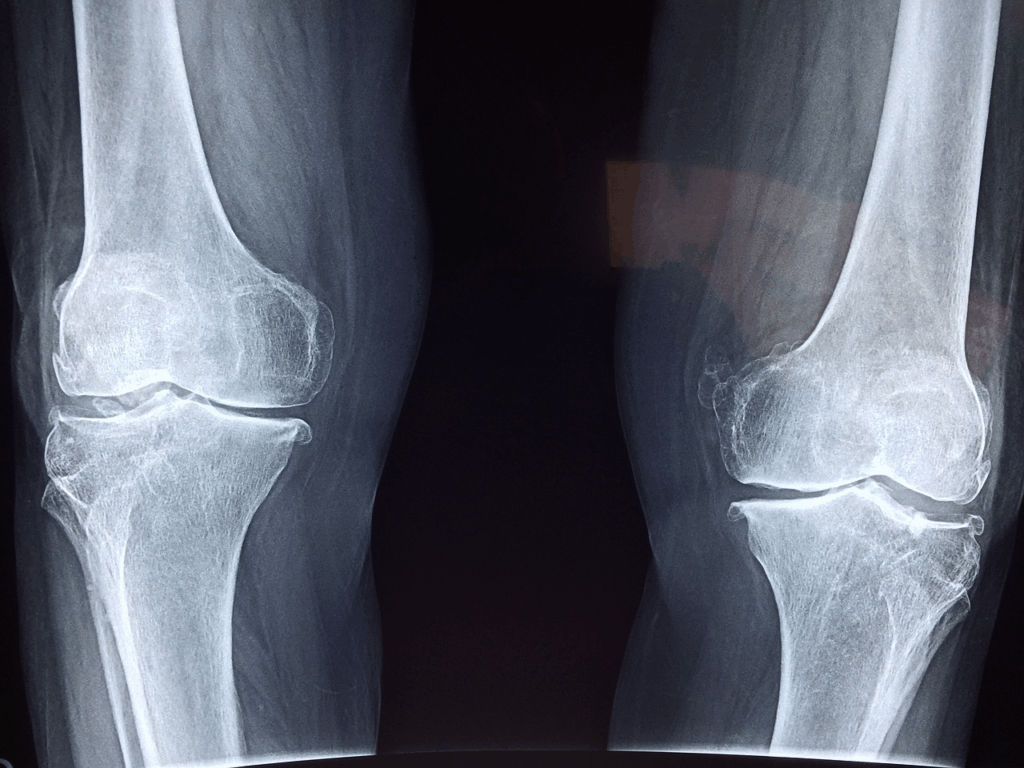
2. Muscle Tone and Body Awareness
Another surprising factor is proprioception — the body’s ability to sense movement and position. “People with strong core muscles and good coordination tend to react more quickly in a fall,” Dr. Chen says. “They might instinctively roll or brace themselves in a way that protects bones.”
3. Lifestyle and Diet
People who eat calcium-rich and vitamin D–rich diets — even without trying — may be unknowingly supporting stronger bones. Regular weight-bearing exercise, like walking or resistance training, also stimulates bone growth and density. “It’s possible someone has been doing everything right without realizing it,” she adds.
Still, Dr. Chen cautions against assuming that never having broken a bone means someone is invincible. “A lot of it can come down to chance,” she says. “You may have avoided high-risk situations, or just gotten lucky. It doesn't mean your bones are unbreakable — just that they haven't been tested under the wrong circumstances yet.”
Interestingly, Dr. Chen points out that some people may have fragile bones and not know it — especially those with undiagnosed osteopenia or early-stage osteoporosis. “They might go years without symptoms and then suffer a serious break from a minor fall,” she warns. “So it's important not to use your injury history as a reason to skip regular checkups.”
The theory may be bizarre, but it's sparked real conversations about bone health — and reminded people that prevention is better than treatment. If you’re among the lucky group who’s never broken a bone, Dr. Chen advises using that as motivation to keep up healthy habits.
“Don’t take it for granted,” she says. “Keep eating well, moving often, and getting your calcium. You might not be made of titanium, but you can still be tough as steel.”
So while the internet might exaggerate with superhero jokes and unscientific claims, there’s a solid foundation to the idea. Whether it’s genetics, lifestyle, or just good fortune, some people really do go their whole lives without ever hearing the dreaded snap of a fracture.
But as Dr. Chen wisely reminds us, “Bones don’t break until they do.”
News in the same category


8 Powerful Foods to Naturally Cleanse and Detox Your Liver

Breakthrough Male Contraceptive Injection Offers Alternative to Condoms and Vasectomy

Scientists: 3 Days of Silence Is Enough to Rewire Your Brain
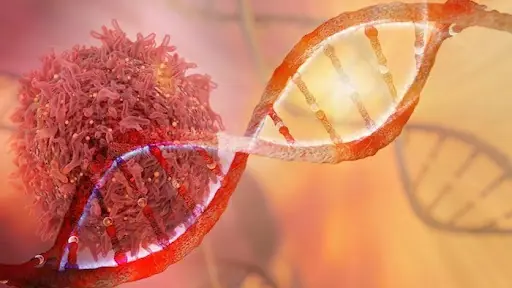
5 of the Best Anti-Cancer Foods — It’s Time to Start Adding Them to Your Diet
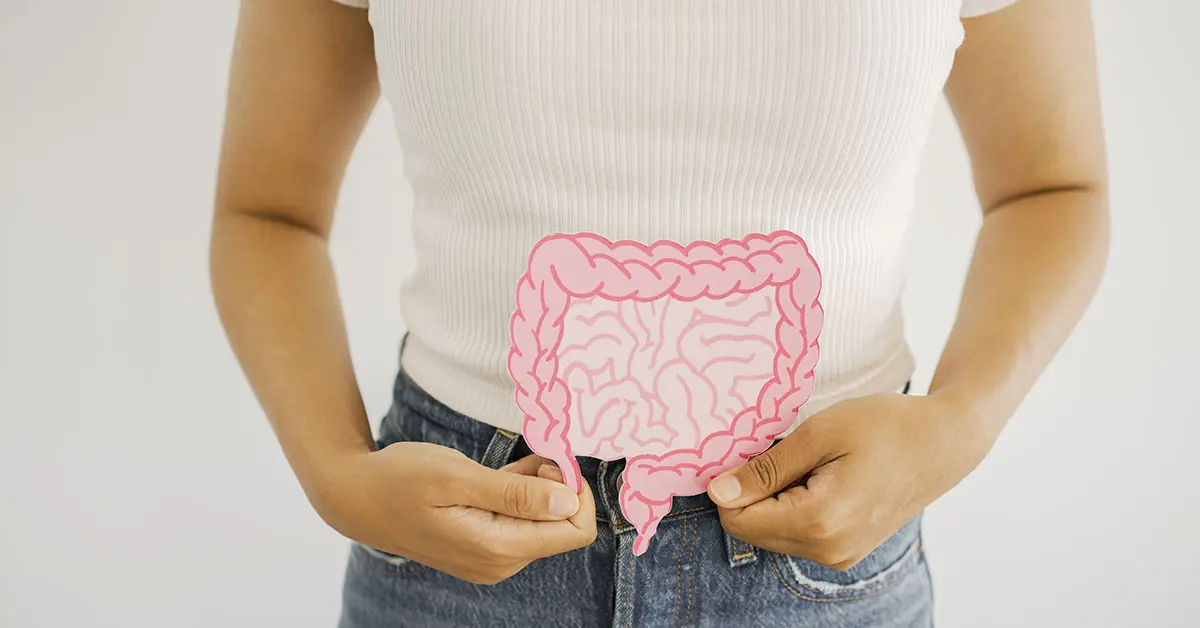
21-Year-Old Woman Diagnosed with Cancer Given Days to Live After Ignoring Early Warning Signs

HERMOSA Study Finds Just 3 Days Without Toxic Cosmetics Can Lower Hormone Disruptors
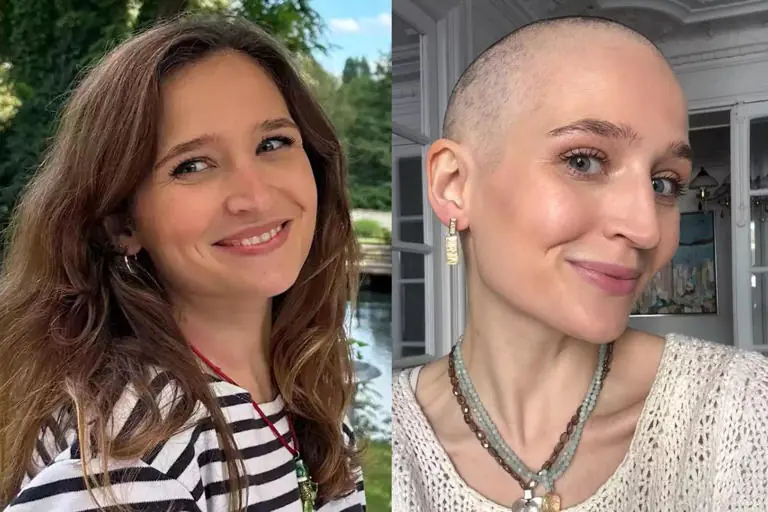
Woman Ignored ChatGPT’s Health Warning—Then Came a Cancer Diagnosis

Man, 28, Passes Away Suddenly After Doctors Discover 72 Irreparable Holes In His Lungs

Student, 22, suffered heart attack after using popular study drug and needed intense operation to keep her alive

Discover: A Glass of Water, Vinegar, and Salt Can Cleanse Your Home

Living Creatures Cast a Faint Aura That Stops at Death, Study Suggests

Teen Has Been Training Only One Side of His Body for 182 Days—And The Results Are Crazy

The HEALTHIEST FRUIT on Earth: what happens to your body if you eat just 3 a day

Spray this solution on your clean face before going to bed and wake up with super tight beautiful skin

Why Choosing Organic Vegetables Is More Important Than Ever: What Pesticides Are Really Doing to Your Health

Parasite Found In Brain Of 10-Year-Old Girl After Eating Undercooked Meat Leaves Experts Horrified

The Most Dangerous Time to Sleep: Doctor Warns It Could Cause 4 Health Problems

Lucid Dreaming Found To Spark Complex Brain Connectivity Rarely Seen In Normal Sleep
News Post
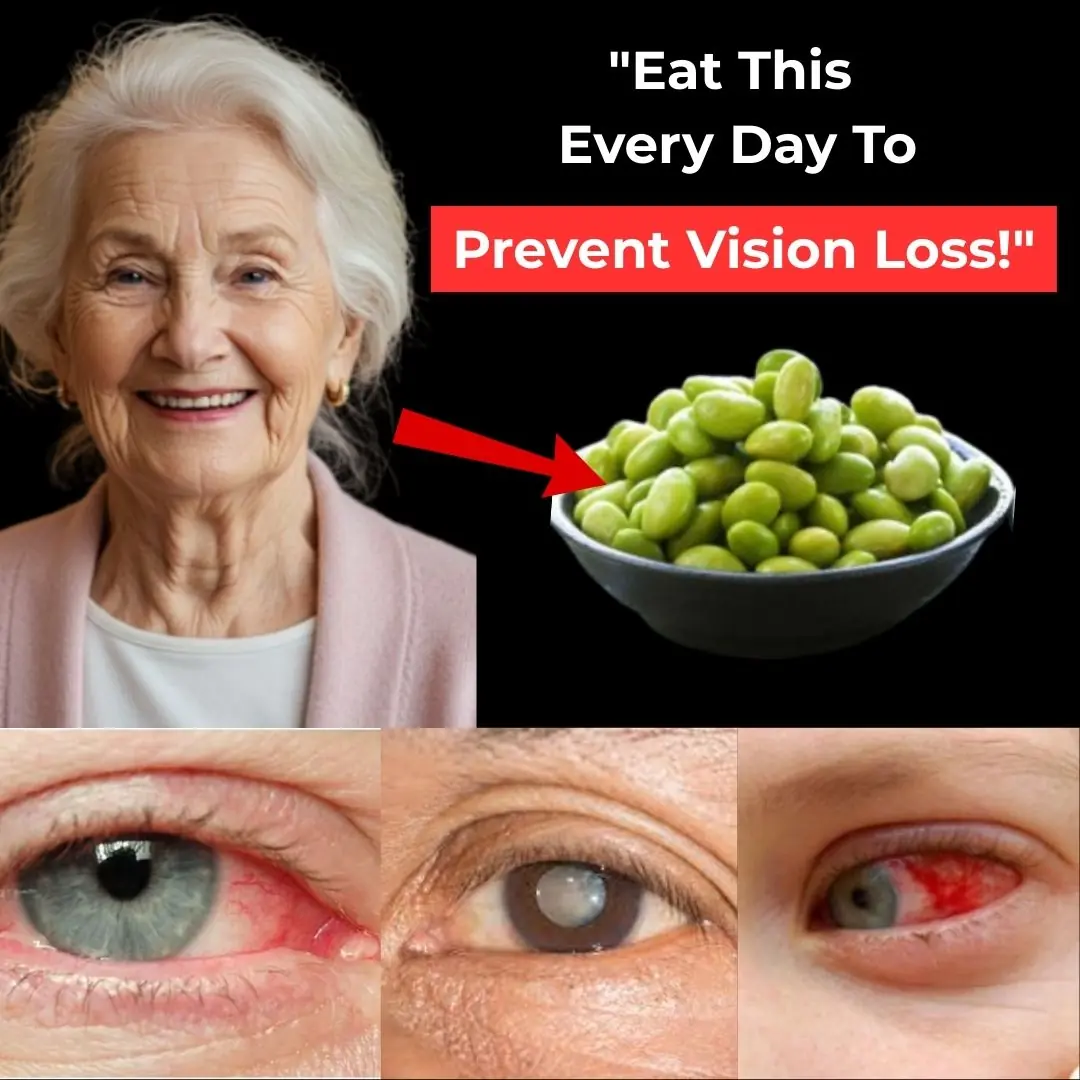
👁️ TOP 5 Foods You NEED for Better Vision & Eye Health (SHOCKED DOCTORS!)

🥕 The Ultimate Morning Power Boost: Carrot, Ginger, Beetroot and Grape Smoothie

'Healthy and active' woman, 30, diagnosed with cancer after doctor ignored subtle symptom

8 Powerful Foods to Naturally Cleanse and Detox Your Liver

11 Heartbreaking Signs Your Dog May Be Nearing the End

Breakthrough Male Contraceptive Injection Offers Alternative to Condoms and Vasectomy

Scientists: 3 Days of Silence Is Enough to Rewire Your Brain

After My Divorce, I Was Bullied by My Ex-husband's Family – They Were Taught a Harsh Lesson by a Person I Didn't Expect

My Wife Kicked Our Foreign Exchange Student Out Because of Her Swedish Tradition – Karma Hit Hard the Next Day

5 of the Best Anti-Cancer Foods — It’s Time to Start Adding Them to Your Diet

My Boss Asked Me to Babysit His Daughter, but What I Found in the Basement Left Me Stunned

21-Year-Old Woman Diagnosed with Cancer Given Days to Live After Ignoring Early Warning Signs

Scientists Reach Bottom Of The Red Sea — What They Found Left Them ‘Shaken’

I Raised My Sister’s Son Like My Own for 15 Years — Then He Chose Her Over Me Because She Bought Him a Car

Taste The Toxin? Shocking Lawsuit Targets Skittles Over Alleged Toxic Ingredient
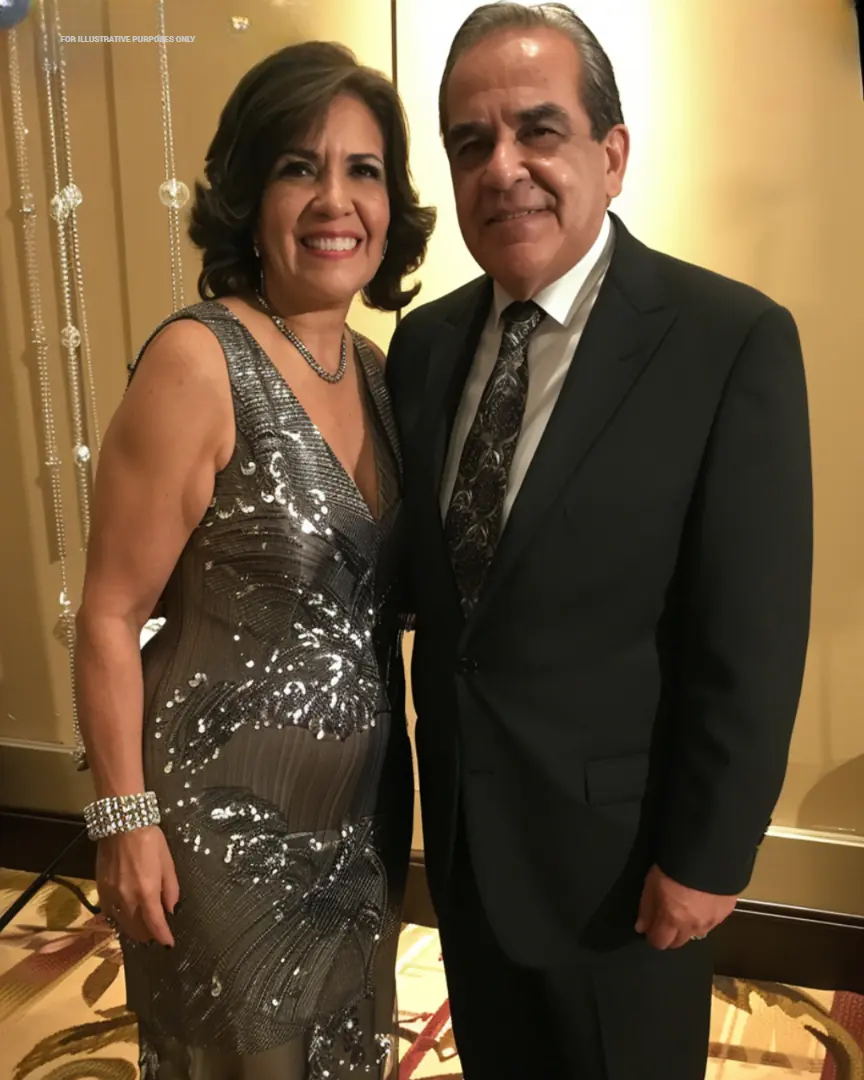
My Fiancé's Arrogant Family Pretended Not to Know Me & My Parents Until the Mayor Showed Up

HERMOSA Study Finds Just 3 Days Without Toxic Cosmetics Can Lower Hormone Disruptors

Woman Ignored ChatGPT’s Health Warning—Then Came a Cancer Diagnosis

Antarctica Ice Sheet Grows for First Time in 30 Years, Surprising Scientists
